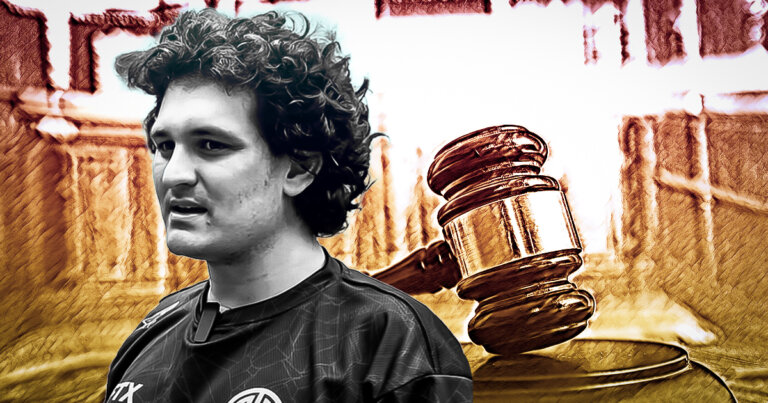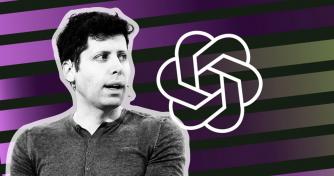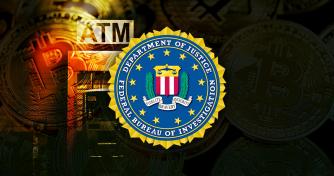 SBF may not testify in court as lawyers paint ‘altruist’ picture in jury questions
SBF may not testify in court as lawyers paint ‘altruist’ picture in jury questions SBF may not testify in court as lawyers paint ‘altruist’ picture in jury questions
SBF's defense team hints at altruistic narrative in upcoming trial.

Cover art/illustration via CryptoSlate. Image includes combined content which may include AI-generated content.
As the trial of Samuel Bankman-Fried (SBF) looms, SBF’s legal team’s proposed voir dire questions have been filed, shedding light on their potential defense strategies.
The voir dire questions proposed by SBF’s legal team delve into potential jurors’ opinions on many expected topics, which could skew their biases in one way or another.
However, some of the questions stand out related to effective altruism, political donations, the cryptocurrency industry, and the defendant’s right to remain silent during the trial.
Effective Altruism.
Effective altruism, a philosophical movement focusing on using resources to benefit others efficiently, features prominently in the voir dire questions. Potential jurors are queried about any negative opinions they might hold regarding accumulating wealth with the intent to support global improvement or aid others and whether their views on Effective Altruism could affect their impartiality.
The first set of questions around altruism may not only gauge the jurors’ attitudes towards this philosophy but also subtly plant the idea that SBF is a person who is dedicated to using his wealth for good. This may potentially contrast with the image of a fraudulent CEO. Moreover, if any jurors are familiar with or sympathetic to Effective Altruism, they might be more prone to perceive SBF positively.
Political Donations.
Similarly, jurors’ perspectives on political donations and lobbying, substantial contributions to political candidates or lobbying groups, and the ethics of using these donations to advance personal interests are probed. These questions hint at SBF’s engagement in such practices, a common occurrence in the tech and financial sectors, and their role in his defense strategy.
These questions might be preparing the ground for a defense strategy that contextualizes any large political donations or lobbying efforts by SBF. The defense could argue that they were made in good faith to support causes SBF believed in rather than for nefarious purposes. They can better tailor their defense arguments by ascertaining the jurors’ attitudes.
‘Never’ used crypto.
Furthermore, potential jurors’ stance on cryptocurrencies is investigated, with a specific emphasis on their personal involvement, or lack thereof, with crypto assets. The wording of the questions is notable as it explicitly emphasizes the word ‘never.’
“Please indicate if you never have, or would never, buy, sell, or transact in any way in cryptocurrencies or crypto assets?”
By asking these questions, SBF’s defense could be trying to identify whether the jurors have any preconceived negative opinions about the crypto industry. This could reveal any bias, given that people unfamiliar with or hostile towards cryptocurrencies might be more prone to believe in fraudulent activities in this industry.
The question about transacting in cryptocurrencies might also be used to identify jurors who understand cryptocurrency investments’ volatility and inherent risks. These could be factors in the defense arguments.
Right to not testify.
Finally, the voir dire questions underline the legal right of a defendant not to testify in a criminal case, querying whether this would negatively influence jurors’ perception of SBF.
This question could be used to flush out any potential juror who might infer guilt from SBF’s silence. It is a constitutional right of a defendant not to testify, and any bias against this could be a potential ground for disqualification of a juror. Further, it opens the possibility that SBF will not testify during his trial.
All of these questions not only serve to identify potential juror bias but also help SBF’s defense team strategize their arguments based on the responses.
As the trial progresses, these proposed voir dire questions serve as a critical compass, revealist the bearings of the defense teandlso the multi-layered societal issues entwined with this high-profile crypto case. Irrespective of the trial’s outcome, its ramifications on future crypto regulations, political lobbying, and public discourse around wealth and altruism are poised to be substantial.
SBF, the former CEO of the now-defunct FTX exchange, was handed eight counts of fraud and conspiracy charges in the United States over alleged misuse of FTX customer funds.



































































